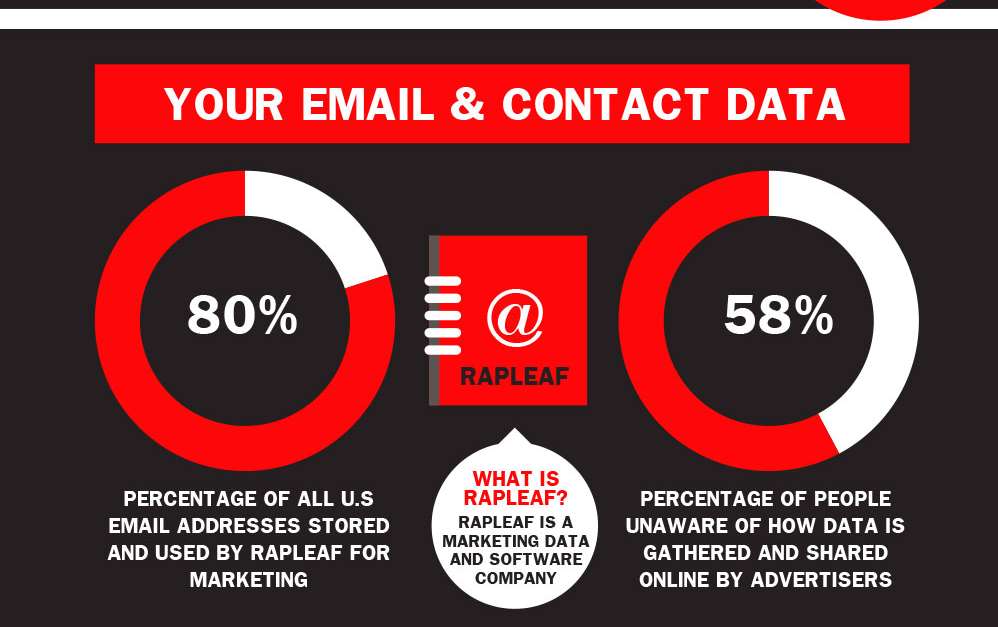Adblockers are a 'modern-day protection racket'
 |
| Who's watching you right now? |
John Whittingdale, Tory MP and Government Culture Secretary
has spoken out about adblocking software saying they are 'modern-day protection
racket' and that they present a threat to the continued existence of the newspaper
and music industries. That’s a pretty
big claim, but is it true?
First, what do we mean by adblockers? Simply, they are computer programs that run
on your computer and prevent websites loading adverts when they load the rest
of the webpage. I would also argue that
programs such as Ghostery also fall into the category of adblockers because
they can block the tracking software that advertisers use to monitor users web
browsing activity and tailor adverts based on that activity. That’s why if you search for a particular
pram you might suddenly notice you start seeing adverts for that pram.
In his speech to the Oxford Media Convention, Mr
Whittingdale likened the use of adblockers to music copyright piracy,
presumably because adblocking means that users can obtain content without
seeing adverts and thus preventing website owners gathering income from the
advertisers.
For me Mr Whittingdale’s view misses some important
points. First, if adblocking is the equivalent
of stealing content then surely adding irrelevant, numerous and often quite
large (in terms of file size) adverts must be the equivalent of stealing the users’
data allowance. I just visited the
Independent newspaper’s website, which attempted to load 9 adverts plus 26
trackers – in fairness the Indy used to be much worse and they are the reason I
first installed Adblocker. Too many
adverts on a page isn’t a new phenomenon, as far back as January 2012 Googlewas devising ways of penalising websites that show too many adverts following complaintsfrom users.
 |
| Who's looking at your personal data right now? |
Lots of people object to having websites automatically
play video adverts, clutter their screen and eat up their data allowances with
adverts. Many people also object to
having everything they do online monitored, not because they are doing anything
wrong but because their banking information, medical history, sexual
preferences, etc are none of anybody else’s business.
So, in short when advertisers complain about users
blocking their content they have only themselves to blame.
On a side issue, it’s curious that a Conservative
government should be trying to influence the market by restricting consumer
choice to prop up failing business models – not a very conservative position to
take you might think.

The other issue with adverts is that the advert networks can get compromised and used to spread malware - e.g. see this recent entry http://www.theregister.co.uk/2016/03/15/massive_us_malvertising_campaign/
ReplyDelete